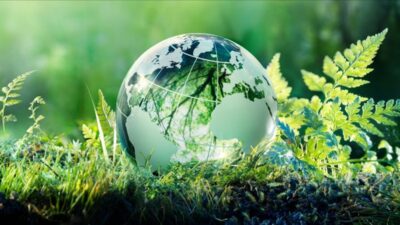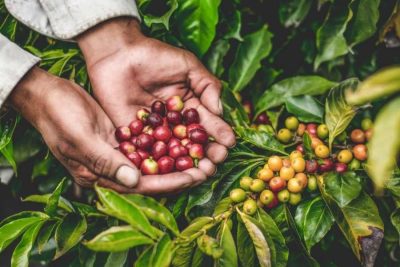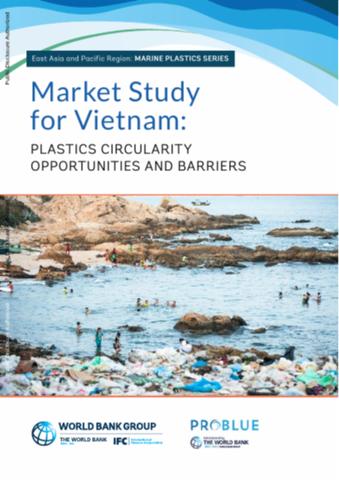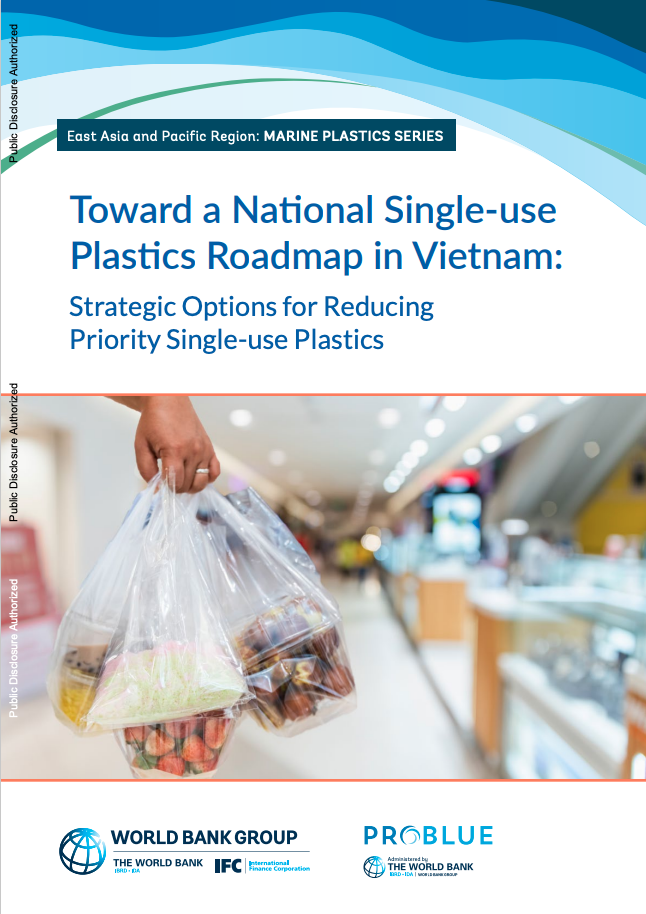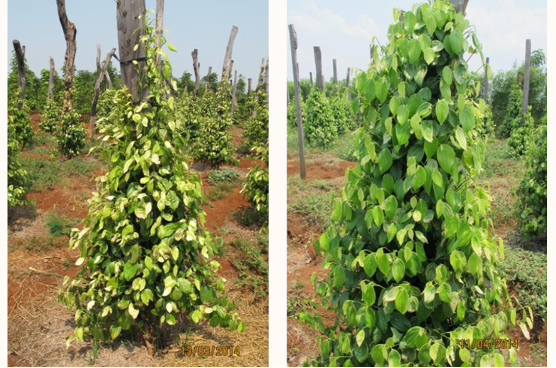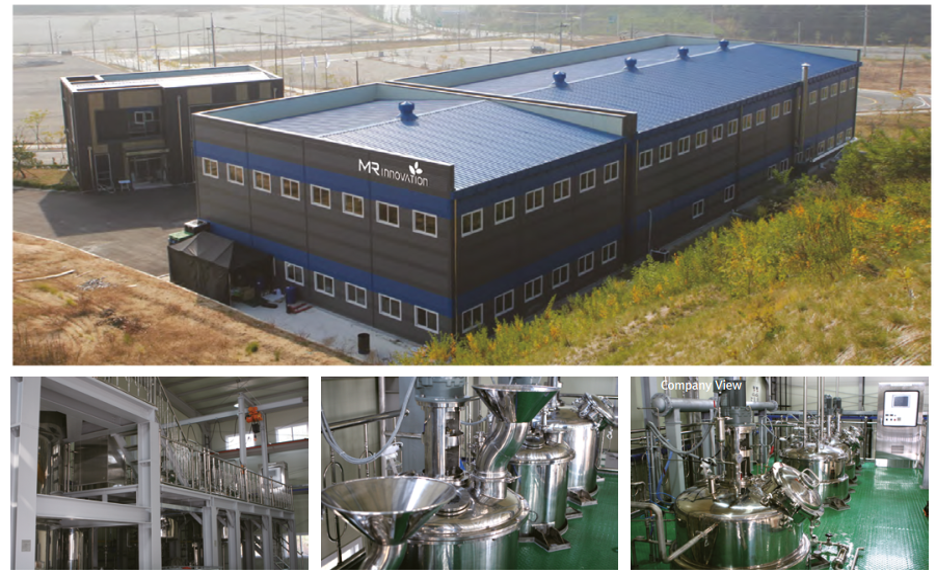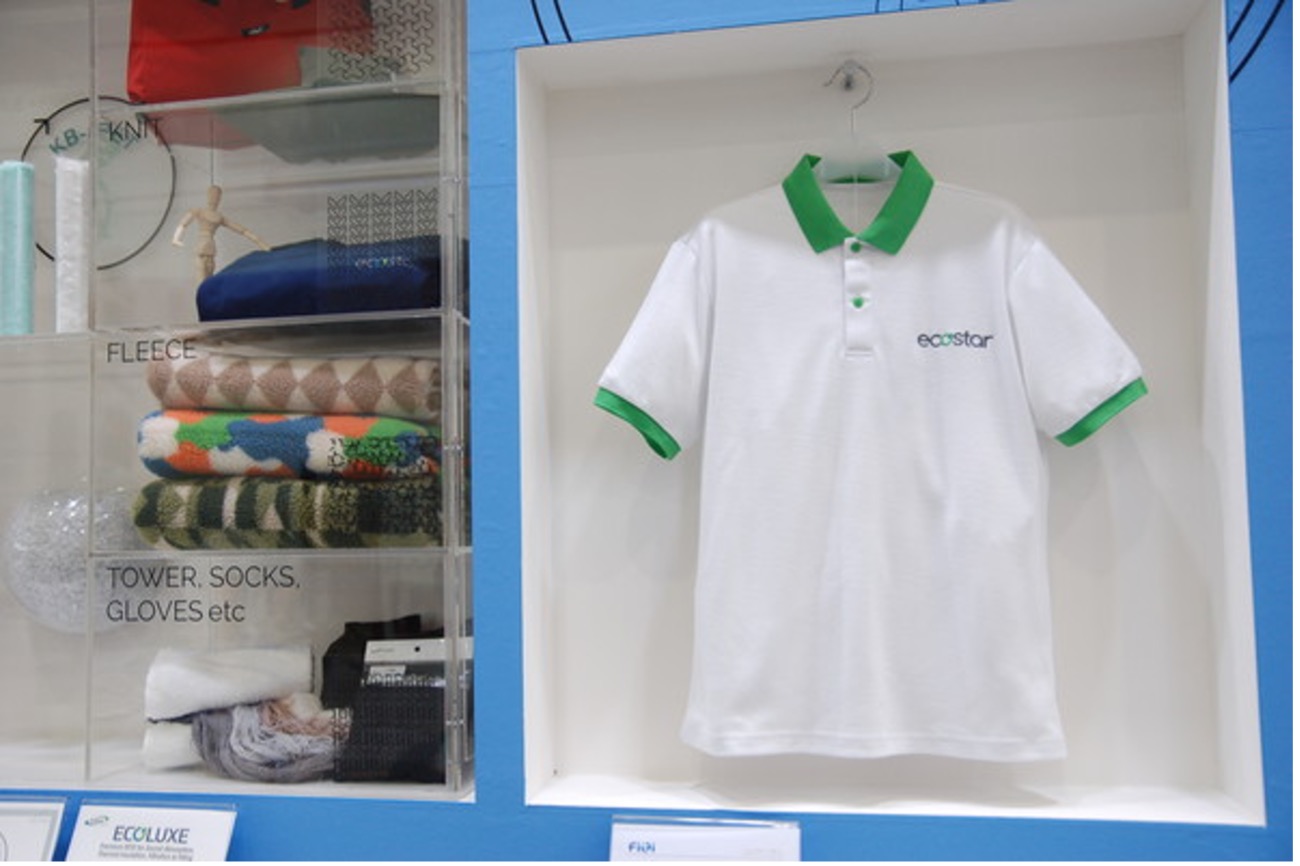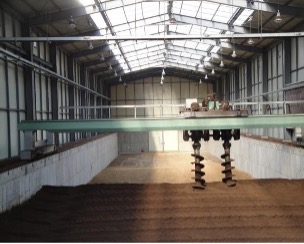
| Document name | Issuing Organization | Activity |
|---|---|---|
| Market Study for Vietnam : Plastics Circularity Opportunities and Barriers | Lam Nguyen 0202 |
75views
|
4 years ago
|
| Toward a National Single-use Plastics Roadmap in Vietnam: Strategic Options for Reducing Priority Single-use Plastics | Lam Nguyen 0202 |
101views
|
4 years ago
|
| MCM microbial organic fertilizer (Korea) | Lam Nguyen 0202 |
129views
|
4 years ago
|
| Organic fertilizer MR INNOVATION (Korea) | Lam Nguyen 0202 |
166views
|
4 years ago
|
| Eco-friendly Polyester Staple Fiber made of recycled plastic by KeonBaek (South Korea) | Lam Nguyen 0202 |
180views
|
4 years ago
|
| Technology of organic fertilizer production from livestock waste: Lessons from Jeesung (South Korea) | Lam Nguyen 0202 |
99views
|
4 years ago
|
You may also like

